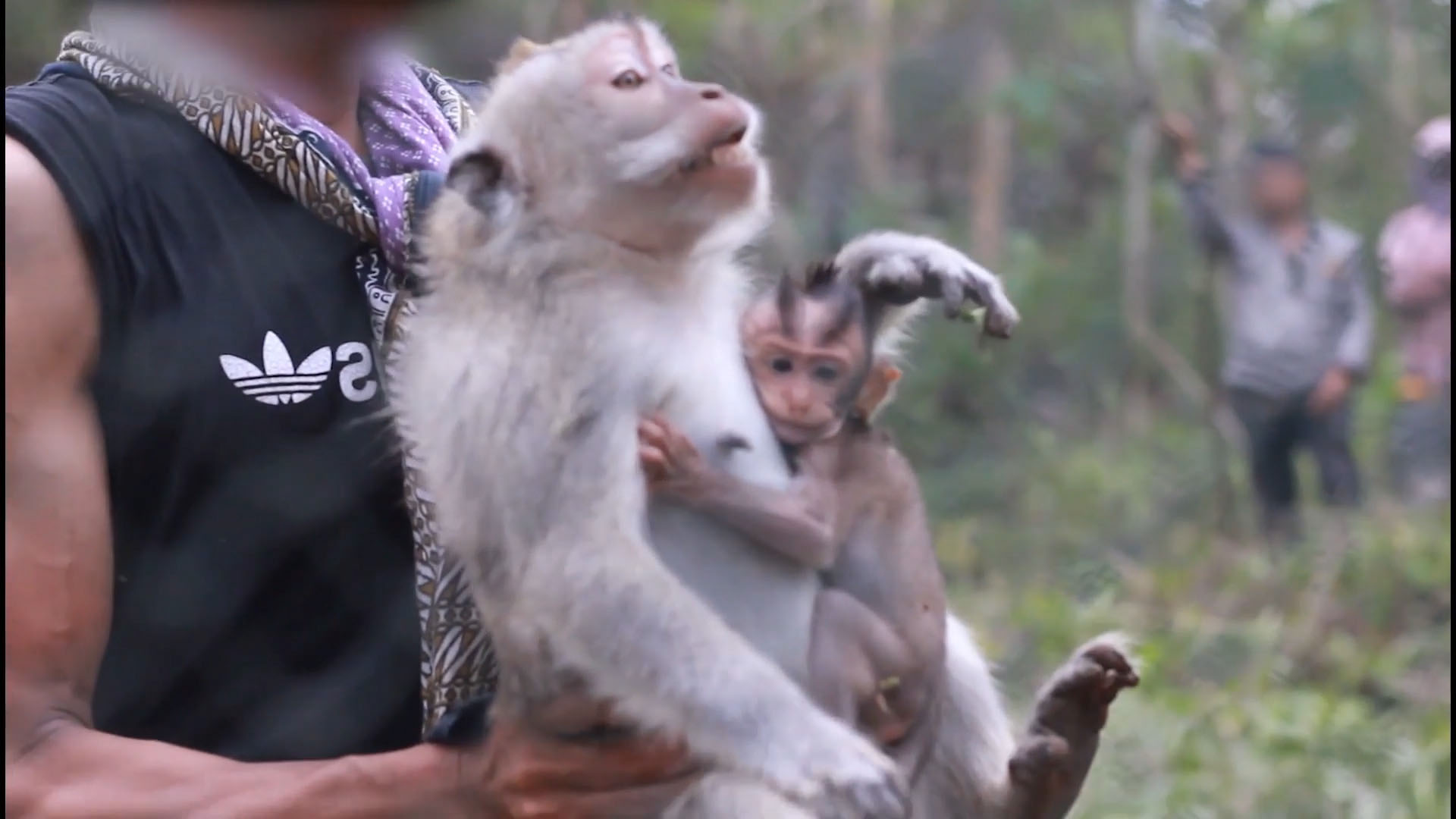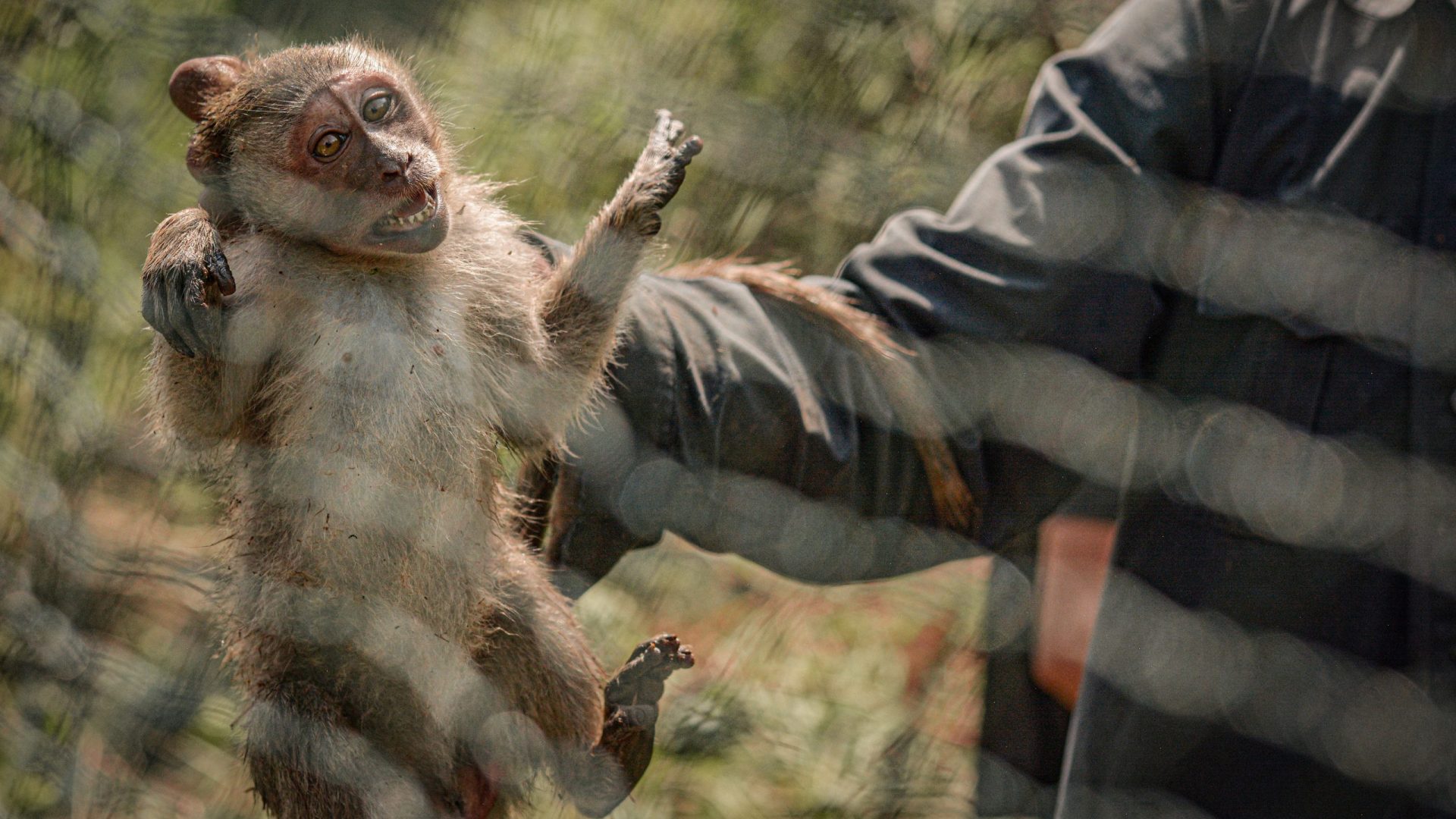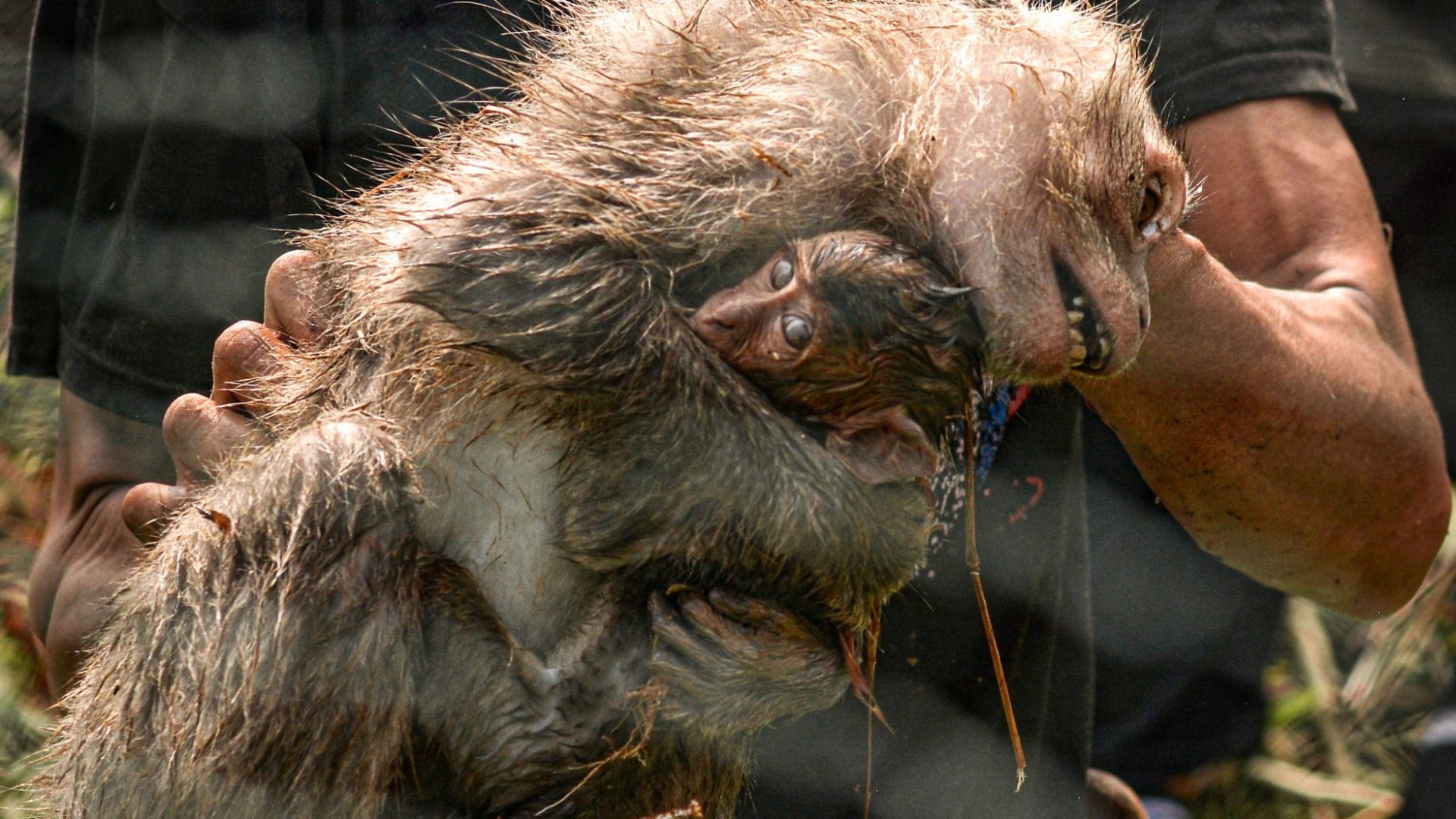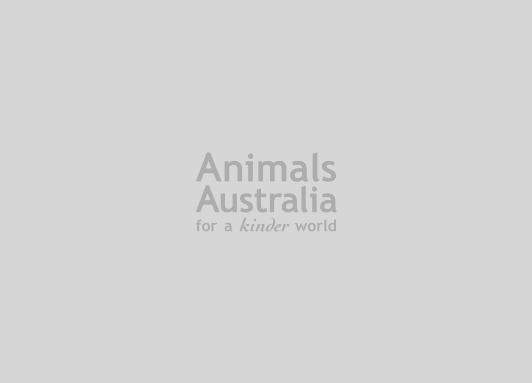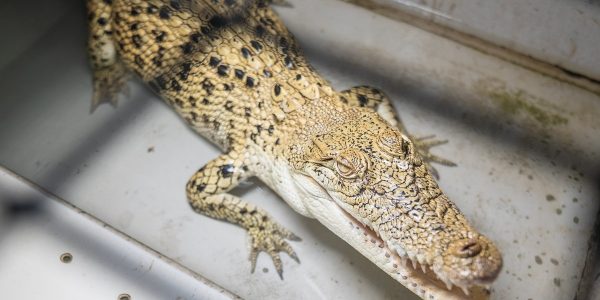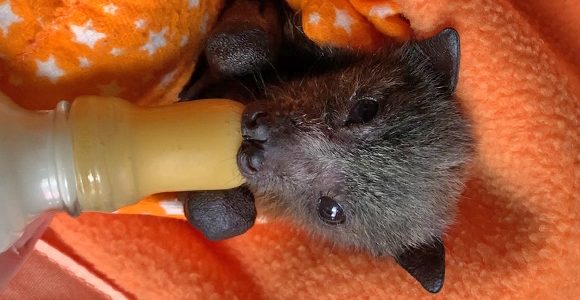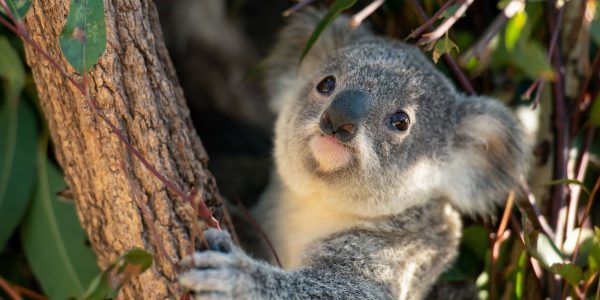Wild monkeys in Indonesia – trapped, beaten, their babies stolen – they are the victims of the global animal testing trade.
Shocking footage released by Action for Primates has exposed the cruelty and suffering inflicted on Indonesia’s wild monkeys, captured and exported to overseas laboratories. The brutal and inhumane treatment is in clear breach of international welfare guidelines.
The harrowing video shows babies violently torn from the arms of their distraught mothers and thrown into sacks. Terrified young monkeys struggling in nets are forcibly dragged by their tails and shoved into crates, where they huddle together, crying out for help. A large adult male brutally beaten with sticks, dazed and confused, is held down and his throat cut.



